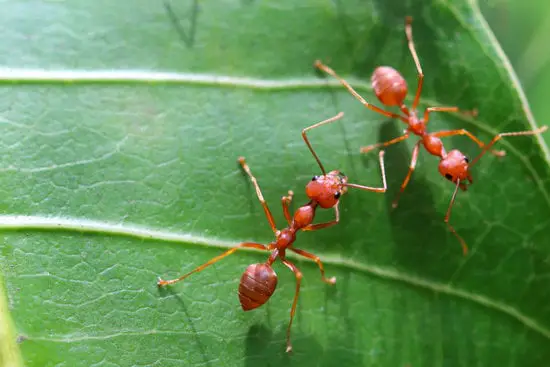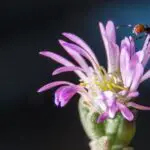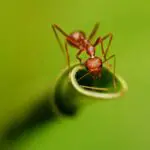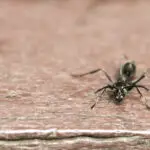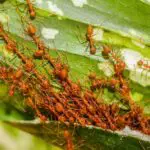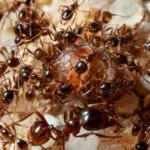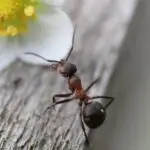What is the Size of an Ants Brain?
Despite being considered the smartest insect in the world, ants have relatively small brains. Researchers have used ants to test hypotheses about brain size.
Compared to humans, ants have larger exoskeleton weights and smaller brain volumes. These factors may have helped ants adapt to living in social groups.
The size of the ant brain has been estimated to be about one microlitre, which is one million times smaller than the size of the human brain. The ant brain is a solitary nervous system with approximately 250 000 neurons. The brains of ants are transparent through the translucent head cuticle.
The human brain contains over 86 billion neurons. Researchers have estimated that the human brain weighs approximately three pounds, and has an approximate volume of 1.1 to 1.2 litres. However, recent data suggest that the size of the human brain has been decreasing since 3,000 years ago.
During that time, humans evolved into very large complex societies. This may have contributed to the reduction in size of the human brain. However, researchers now propose a new hypothesis for this decline in size. They suggest that the reduction in brain size may have been caused by group decision making.
The division of labor is a core social trait in humans. In ants, the division of labor is more pronounced, and is reflected in the larger size of the colony and the division of labor among physical castes. In addition, computational models have shown that group level cognition selects for adaptive brain size variation.
